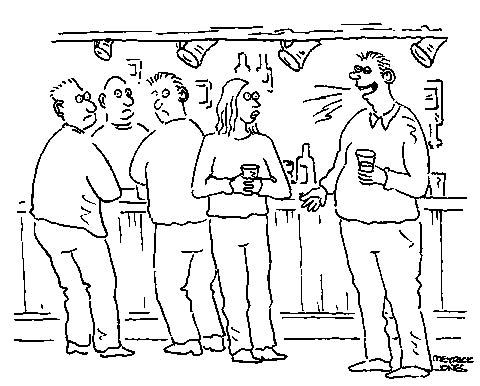It’s such an important book, the first great psychological novel, yet few people can with honesty claim to have read it, and even fewer to have read it all the way through, past the violent rape scene that takes place halfway through volume five.
It’s such an important book, the first great psychological novel, yet few people can with honesty claim to have read it, and even fewer to have read it all the way through, past the violent rape scene that takes place halfway through volume five. Clarissa; or the history of a young lady is Samuel Richardson’s most prolix novel (at just about a million words, and eight volumes) and his most complex, telling in excruciating detail of Clarissa’s undoing by the vicious rake, Robert Lovelace. As you read, it’s extraordinary to realise that such a dense and insightful analysis of a tortured, sexually charged relationship between a man and a woman was actually written in 1747, a century and a half before Freud and Jung attempted to analyse motive and behavioural outcomes.
Lovelace is both infuriated and compelled by Clarissa’s purity of heart; she in turn is fascinated and repelled by Lovelace’s villainy. Could she, can she save him from himself? There can, of course, be no happy ending. From page one you know that Clarissa is doomed; too virtuous for such a cynical, grasping, self-deluded world. It just takes Richardson and his readers a devilish long time to discover how the workings of cruel fate will eventually play out. Even Sir Walter Scott, no shirker when providing his readers with sufficient novelistic matter to get through a dreich Scottish winter, decided that the ‘modern reader may be permitted to wish that Clarissa had been a good deal abridged’.
So along comes Radio 4, or rather one of its key dramatists Hattie Naylor, with an abridgement of the novel in just four hour-long episodes for the latest Sunday-afternoon Classic Serial. Don’t miss it. It’s a gripping piece of radio drama, fuelled by claustrophobic menace, as the machinations of Clarissa’s family and the cruel Lovelace (cleverly pronounced Love-less) gradually encircle their powerless victim, cutting off her options until she falls, innocently, into the trap so wickedly but alluringly laid by Lovelace. If only Clarissa hadn’t already refused five suitors. If only she hadn’t captured her grandfather’s heart so that he leaves her the estate which rightfully belongs to her elder brother. If only she hadn’t aroused Lovelace’s interest and fuelled her sister Bella’s jealousy with her obvious superiority of beauty and wit.
Of course, in just four hours, most of Richardson’s subtlely is lost, as strangely it wasn’t, or at least not to such an extent, in the 1991 adaptation for television by the late David Nokes and Janet Barron, which was also compressed into just four episodes. For once, I must confess, I think I prefer the TV version because of its restraint, its unwillingness to turn Richardson’s battle of the sexes into a bodice-ripping melodrama. The novelist uncovers every twist and turn of Clarissa’s and Lovelace’s thoughts and emotions in such shocking, intimate detail, as if examining them under a microscope.
Such intensity leads to great precision, in charting Clarissa’s fall and Lovelace’s empty victory, but takes pages, and pages, and pages to accomplish. On radio, for example, there was no easy, quick way to show us the true ghastliness of the horrible Mr Solmes, whom Clarissa’s parents have decided she must marry. On TV we saw in a flash that he was greedy, smelly, ludicrous and stupid. All we got on Sunday was the odd sound of him stuffing biscuits into his mouth, as if there were packets of Hobnobs lying around the sofa in 1747.
But in spite of myself I was helplessly drawn in, and left high and dry when BBC advance publicity released the episodes one by one, so that I’m going to have to wait a whole week for the next one. The direction (by Marilyn Imrie) is so simple and effective; just a few bars from the guitar breaking up the dialogue, creating the atmosphere of intimacy, as if we, too, are caught up in the plot to outwit Clarissa.





Comments